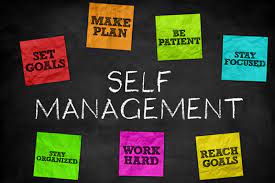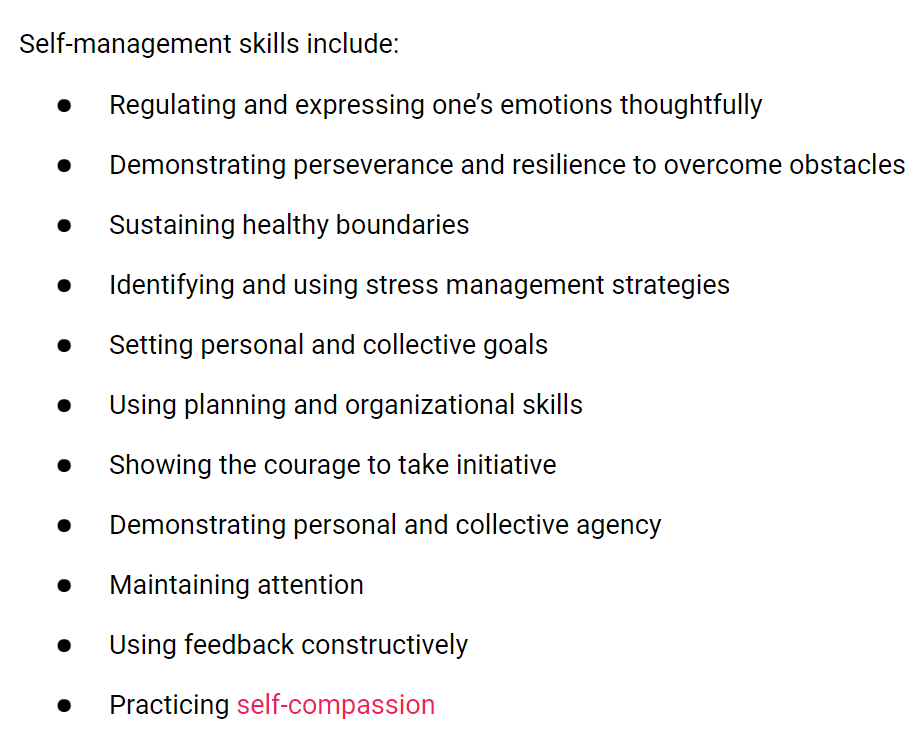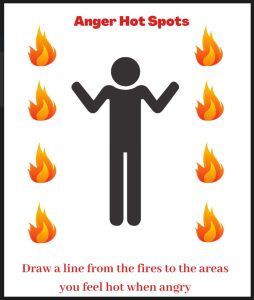What decisions do you make when you’re feeling disappointed or left out? How do you react when things are not fair? Can you make a plan when you’re given a task? Self-management (executive functioning or self-regulation) skills enable you to display things like patience and open-mindedness and if you get really good, you gain some control over your emotions or temper. As you move into adolescence, there are a number of things that the adults in your life expect from you that were previously overlooked. You are expected to be independent, mature, or self-directed, but what does that really mean? It means that you can begin to delay gratification (wait for things), manage your time, and recognize that all of your decisions have consequences (good or bad).
Check out the Risepreneur site link below for tips on developing these skills.
taken from https://ggie.berkeley.edu/student-well-being/sel-for-students-self-awareness-and-self-management/
Paying attention to the physical reactions our bodies can have is a very important part of learning self-management. Recognizing your “triggers” and the what happens in your body leads us closer to fully understanding our emotions. For example: When you get angry, what happens in your body?
 has some thoughts about what happens when we DON’T develop self-managment skills
has some thoughts about what happens when we DON’T develop self-managment skills



